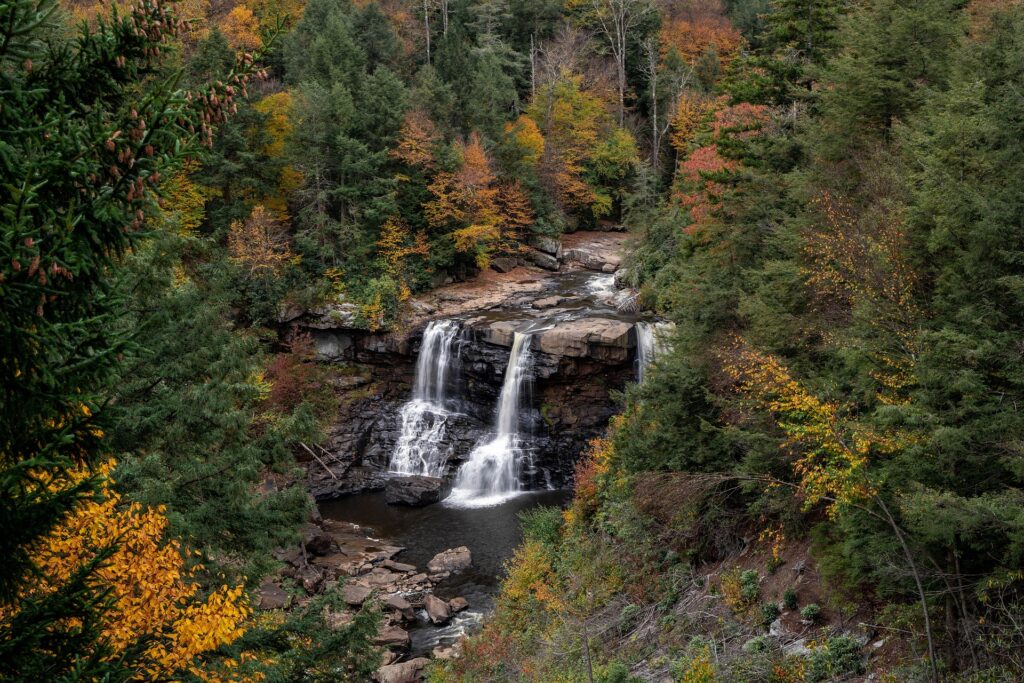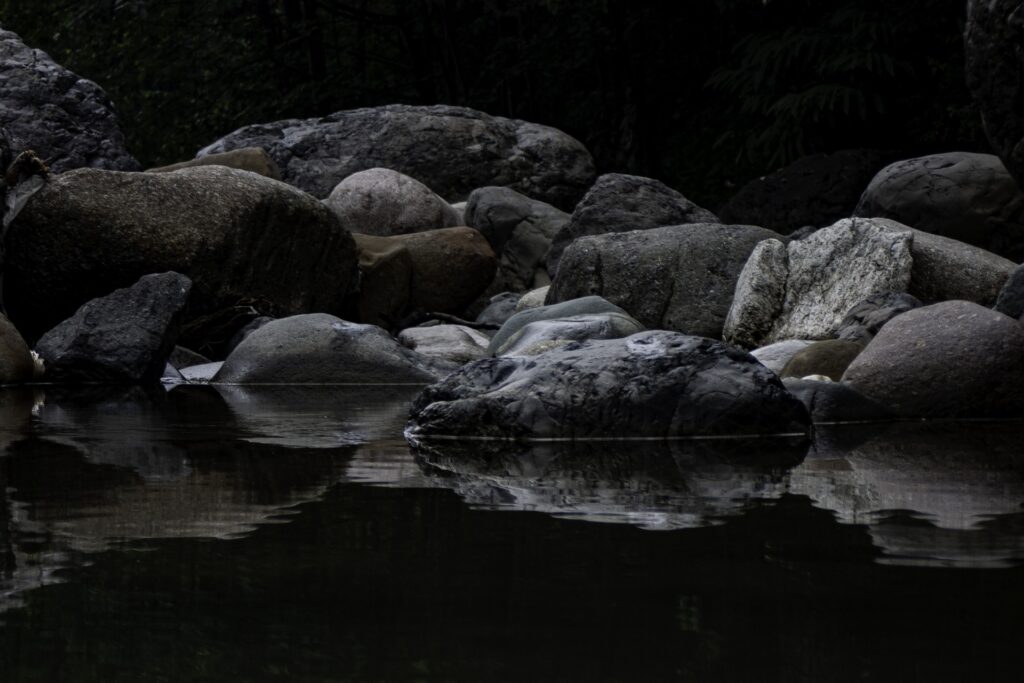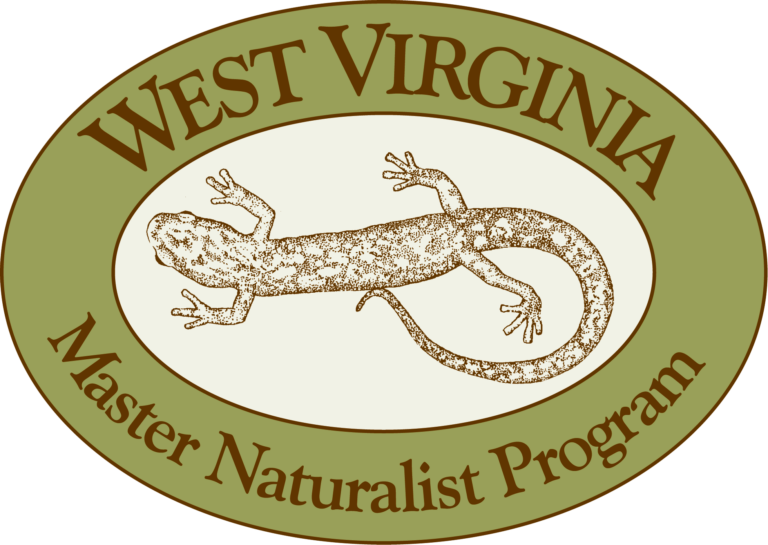What is a Master Naturalist?
Mission Statement
The mission of the West Virginia Master Naturalist Program is to train interested people in the fundamentals of natural history, nature interpretation and teaching, and to instill in them an appreciation of the importance of responsible environmental stewardship. The program will also provide a corps of highly qualified volunteers to assist government agencies, schools, and non-government organizations with research, outdoor recreation development, and environmental education and protection.


Standards of Conduct and Ethics
Bylaws
A copy of the West Virginia Master Naturalist By-Laws as of July 20, 2024 can be seen at the below.

F.A.Q.
Do you have questions that were not addressed here? Please write us at info@mnofwv.org
To achieve certification, a candidate must complete 62 hours of formal class and field work. The classes are usually offered through the local Master Naturalist Chapters. A candidate must additionally complete 30 hours of approved volunteer service to satisfy the requirements for certification.
Since most students cannot make it to every class that is offered, it usually takes about two years to get in all the necessary coursework and volunteer service. However, after beginning the program, a student has up to four years to complete the requirements.
No. The Master Naturalist program has no educational requirements. All you need is an interest in nature and a willingness to learn.
Generally yes, if there is space available in the class. Members of the chapter offering the class have priority of course. Please contact the chapter representative prior to the class to arrange your attendance.
The cost actually varies somewhat from Chapter to Chapter. Some Chapters charge a nominal fee for each class, generally in the $5 to $10 range. Some chapters charge a set fee which covers the cost of all of the coursework required for certification. Some chapters charge annual dues.
All beginning students must pay a one-time payment for administrative costs which generally varies from $45 to $60, depending on the chapter. This charge includes the cost of the Master Naturalist Training Manual.
There are actually quite a few. Nearly three-quarters of the states are now sponsoring Master Naturalist training programs. These are often run through the state Agricultural Extension Service. There are even a few municipalities that offer Master Naturalist training. Texas and Florida were among the earliest states to offer such program.
